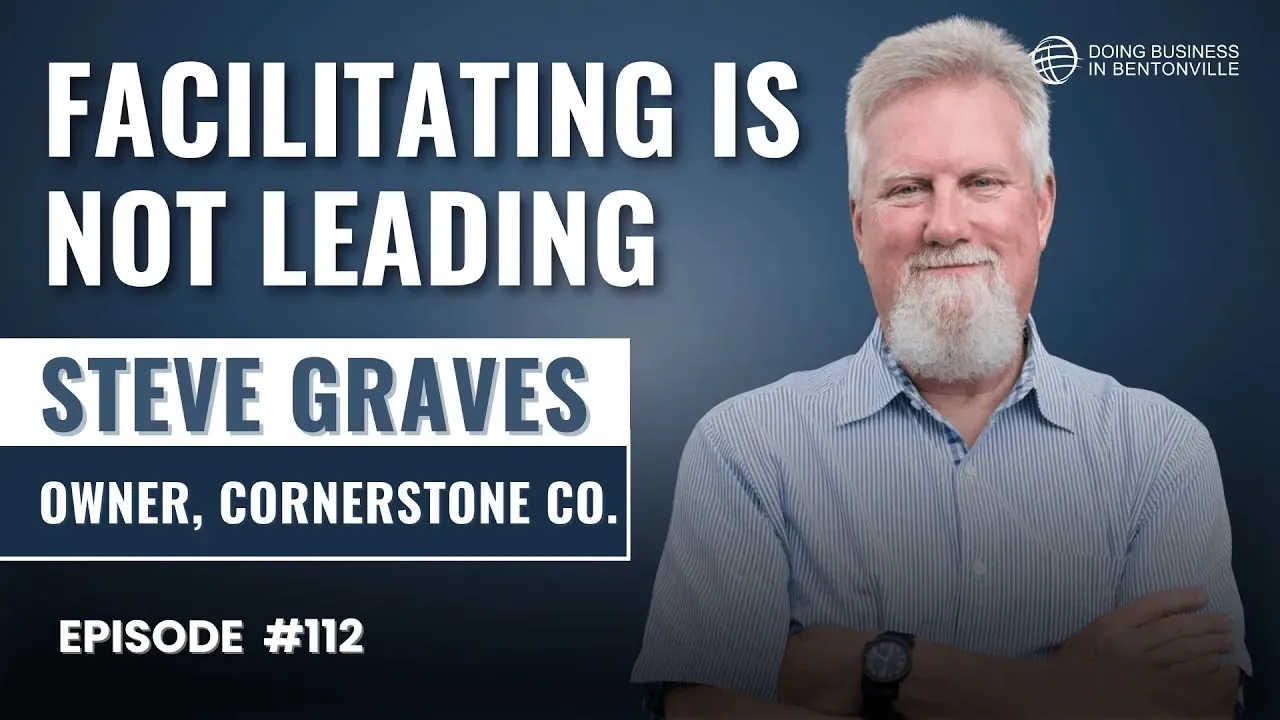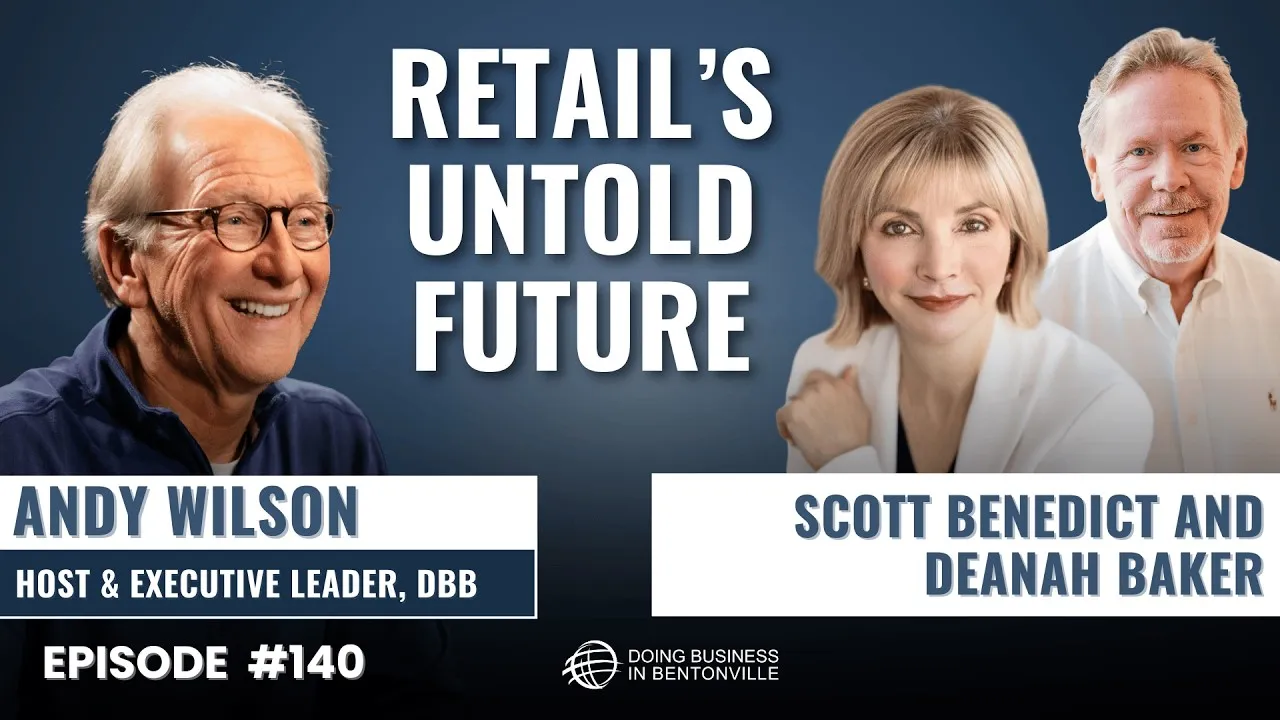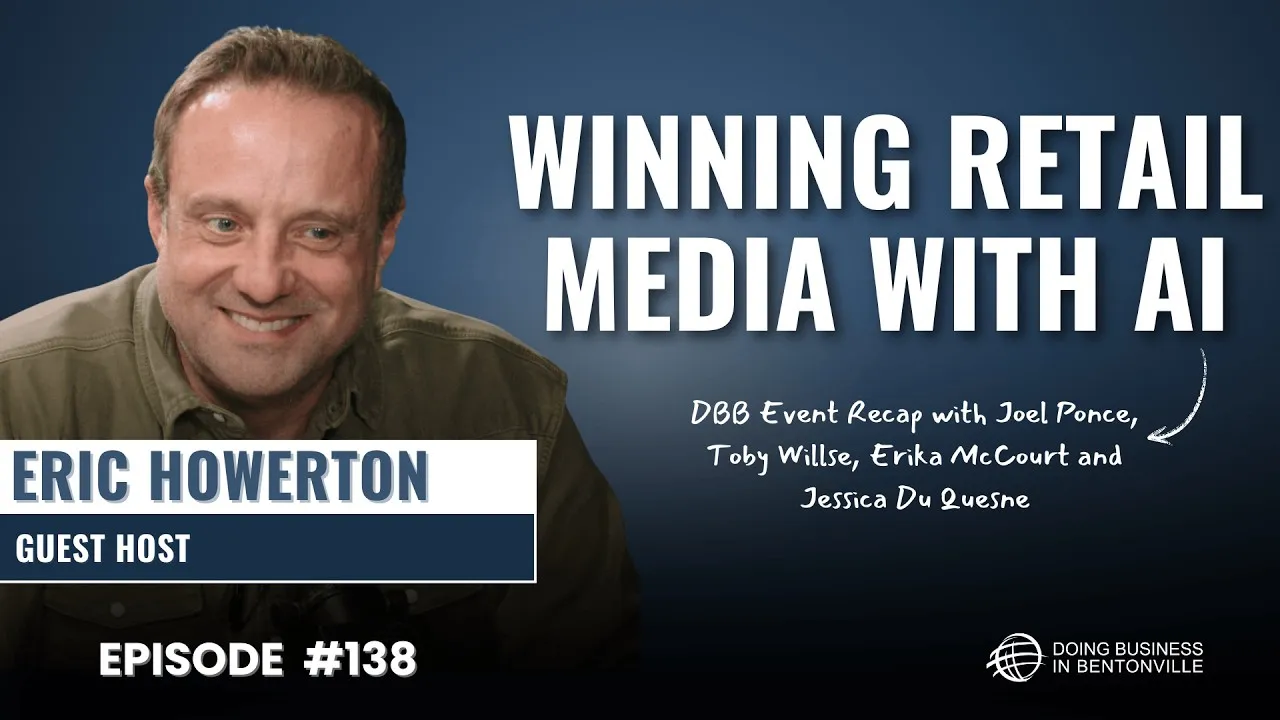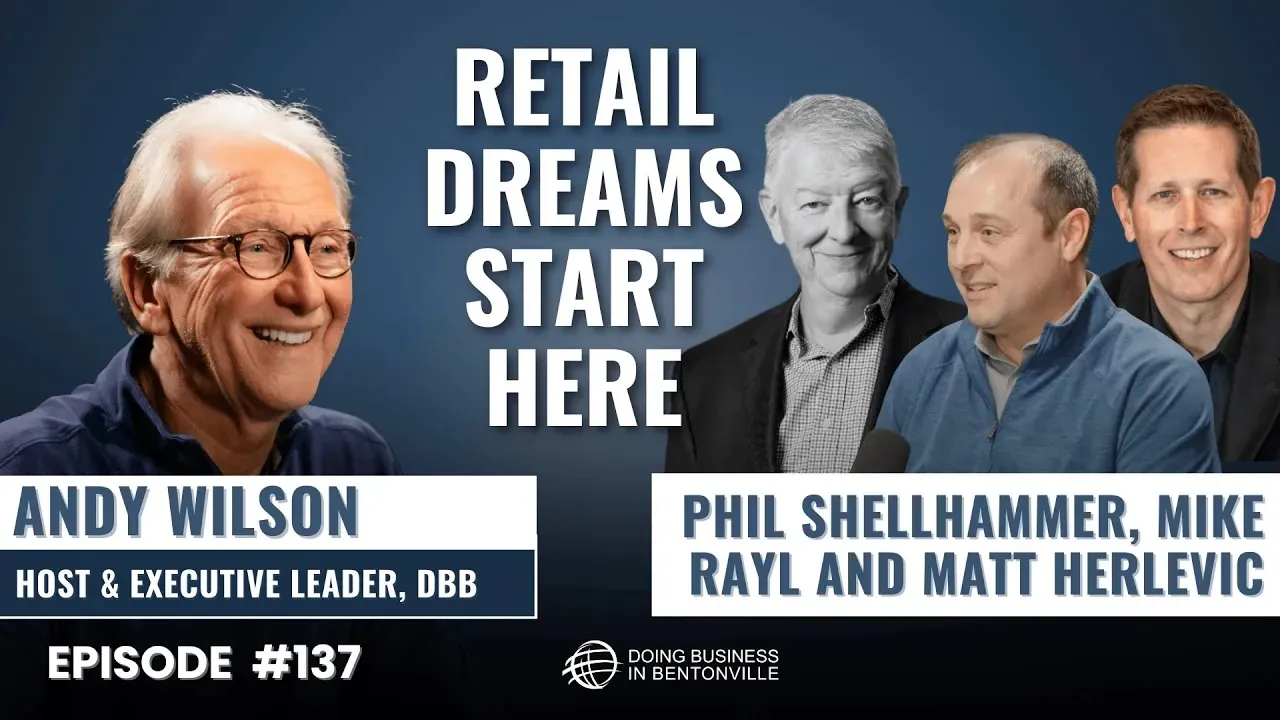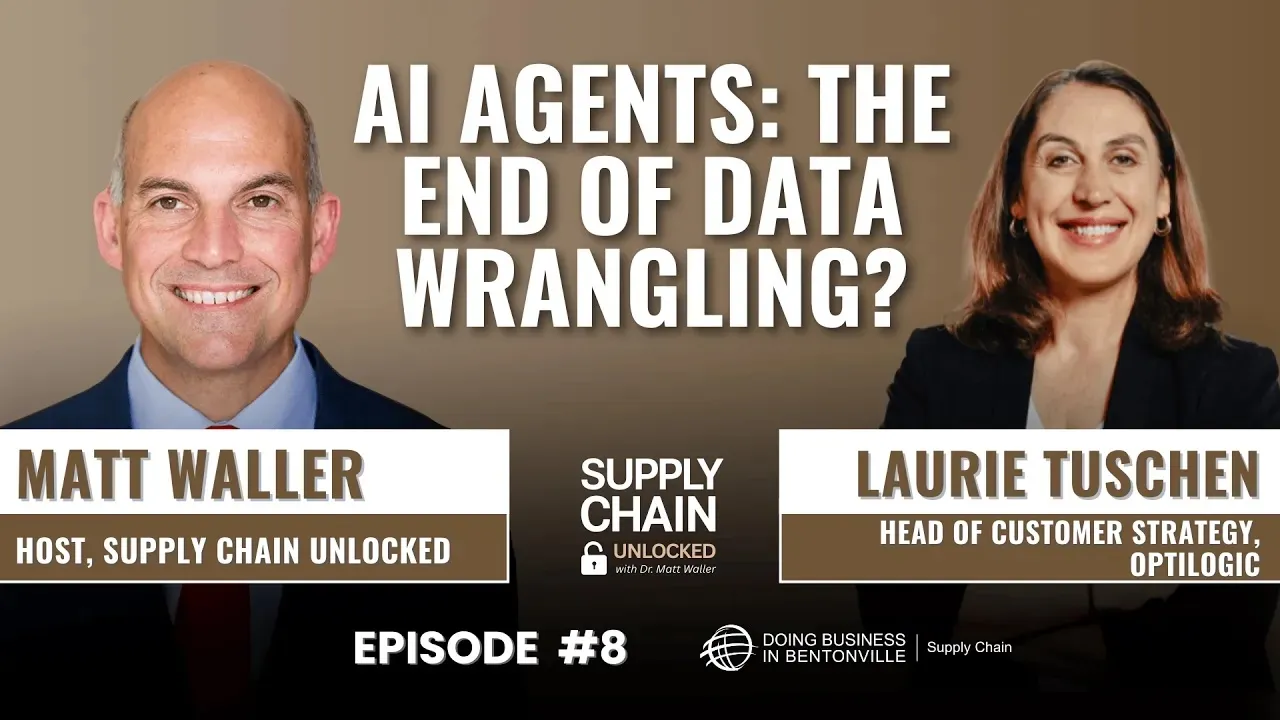What separates truly effective leaders from those who merely manage? Leadership expert Steve Graves reveals the answer with three powerful differentiators that will transform how you approach leadership challenges.
"Facilitating is not leading," Graves explains, challenging the common misconception that collaborative leadership is always effective leadership. While facilitation ensures everyone feels heard, true leadership requires making definitive calls on direction, speed, risk tolerance, resource allocation, and culture—sometimes against popular opinion. This becomes increasingly crucial as leaders ascend organizational hierarchies, where feedback diminishes while decision complexity multiplies.
The conversation takes a fascinating turn when Graves reveals his second insight: "No strategic plan will self-execute." Drawing from decades coaching CEOs across industries, he's witnessed brilliant strategies fail simply because they remained documents rather than becoming action plans. Andy Wilson reinforces this with compelling stories from his Walmart career, highlighting how execution culture made the difference between market leaders and followers.
Perhaps most counterintuitively, Graves asserts that "inspiration is not a substitute for leadership." While inspirational qualities benefit leaders, they cannot replace the sometimes difficult work of confrontation and accountability. The most effective leaders balance "a whisper in the ear, a pat on the back, and a kick in the tail"—knowing when each approach serves their team best.
Wilson shares a powerful example from his time with Sam Walton, revealing how the retail legend's humility became his greatest leadership strength. By recording store associates' ideas, ensuring follow-up, and implementing improvements, Walton created an execution machine where frontline insights drove company-wide innovation.
Whether you're leading a small team or a global organization, these timeless principles will help you avoid the "incremental descent into poor judgment" that derails even promising leaders. As Graves concludes, "People only implement what they understand and buy into," and creating that understanding is the essence of leadership that delivers results.
More About this Episode
The Leadership Edge: 3 Principles That Define Truly Effective Leaders
In today’s fast-moving, often chaotic business landscape, leadership can’t be just about charisma or operational efficiency. The kind of leadership that propels organizations forward, especially amid relentless change, requires clarity, decisiveness, and execution.
I recently sat down with Steve Graves, a long-time friend and one of the most insightful executive coaches I’ve had the pleasure of knowing, for a deep discussion about what great leadership truly looks like. Steve has spent decades coaching CEOs from Fortune 500 giants to family-run businesses and high-growth startups. His perspective on leadership is shaped not by theory alone, but by real-time problem-solving with some of the most demanding leaders in the world.
What emerged from our conversation is a powerful leadership framework with three core principles that every executive needs in their toolbox. These aren’t theories found in the margins of a management book; they are hard-won truths gathered from the boardrooms, front lines, and strategic crossroads of companies across industries.
Let’s break them down.
1. Facilitating Is Not Leading
In an era that praises collaboration and flat hierarchies, it’s easy for leaders to slip into the role of facilitator instead of commander. While facilitation plays a crucial role in getting everyone heard, encouraging consensus, it’s not the same as leadership.
Real leadership is about direction, not just discussion.
As Steve explained, every senior leader has five essential tasks: set direction, speed, risk, resources, and culture. You can’t delegate those to groupthink or consensus alone. Whether you’re a top-down leader or a collaborative one, the responsibility to set those parameters rests with you.
Let’s be honest: not every decision can be crowdsourced. Some require conviction, courage, and sometimes standing against the crowd. When a market shifts or a competitor pivots, a leader has to chart the path forward and move often before the team feels comfortable doing so.
This is especially critical in industries undergoing constant disruption. For example, a retail CEO deciding to double down on e-commerce must set that speed even when internal teams may feel unready. Leaders must facilitate and lead, not confuse one for the other.
2. No Strategic Plan Will Self-Execute
Companies often pour months into building detailed strategic plans only to shelve them in a drawer or push them down the org chart with vague expectations. But as Steve put it bluntly: “No strategic plan will ever self-execute.”
Execution requires leadership. Someone must own the outcomes, drive the hard decisions, and ensure accountability.
In my own experience at Walmart, this principle couldn’t have been more evident. We had plenty of ideas and bold plans but the companies and leaders that win are the ones who pull the ideas off the page and into reality.
That means confronting some tough truths:
- Are you overcomplicating things?
- Are your people clear on what to do and why it matters?
- Are you making the hard trade-offs your strategy requires?
Steve shared a brilliant insight here: leaders often get promoted because they’re great at getting things done. But once in senior roles, the game changes. Now, the metric isn’t task completion, it’s leading other people to perform, to align execution with strategic intent.
Execution isn't about heroic individual effort it's about empowering teams, eliminating complexity, and ensuring relentless focus. It's also about speed, a key advantage in fast-changing markets.
I once told a friendly competitor during a panel discussion, “At the end of the day, you can talk about all these wonderful things, and they are great. But I’ll tell you what I’m going to do: we’re going to execute. That means I win.”
Execution isn’t just an operational skill; it’s a leadership mindset.
3. Inspiration Is Not a Substitute for Leadership
We love inspirational leaders. They’re charismatic, visionary, and often magnetic in how they communicate. But inspiration by itself is not enough.
Leadership requires substance, not just sizzle.
As Steve pointed out, true leadership means having the strength to confront hard truths, make unpopular decisions, and steer through the fog of uncertainty. It’s about calling out what’s broken, even when it’s deeply embedded in the culture. And sometimes, it’s about kicking people in the tail, not just patting them on the back.
One of the most powerful illustrations of this came from an early experience I had traveling with Sam Walton. I was still in my early 30s and had just been appointed an officer at Walmart. Sam and I flew together to a grand opening in Baton Rouge, Louisiana. He spent the day talking to associates on the front lines, not issuing orders, but listening, learning, and capturing their ideas.
What struck me most that day wasn’t just his humility. It was how he turned inspiration into execution.
He carried a small tape recorder, and every time an associate shared a practical idea, he’d record it along with their name and store number. Those tapes would be transcribed and turned into actionable plans. Associates would later receive follow-up calls from corporate leaders, who had reviewed their ideas and were ready to act on them, turning frontline feedback into real operational improvements.
Talk about impact.
That day I learned that humility is not a weakness; it’s a strength. True leaders listen, they execute, and they make people feel heard. And when people feel heard, they buy in. And when they buy in, they execute.
It’s not about being the loudest voice in the room. It’s about being the one who connects people and ideas and drives them forward with clarity and purpose.
Bringing It All Together
Great leadership is never accidental. It’s intentional, grounded, and focused. Steve’s three insights are powerful reminders that effective leadership is not about charisma, position, or intelligence alone it’s about showing up in the ways that matter most.
To recap:
- Facilitating is not leading. You must set direction, speed, risk, resources, and culture not just moderate the conversation.
- No strategic plan will self-execute. Execution is your job. Clarity, prioritization, and accountability start at the top.
- Inspiration is not a substitute for leadership. Motivate, yes but also make the hard calls and do the real work of leadership.
If you’re leading a team, a business unit, or an entire organization, it’s worth asking: are these three principles visible in your leadership? Are you truly leading, or just facilitating? Are you moving strategy into action or letting it gather dust? Are you inspiring people without equipping them?
It’s not too late to recalibrate. And if you’ve drifted into bad habits, there’s a way back.
Great leadership isn’t about never making mistakes; it’s about continually correcting course and elevating others along the way.
Because, at the end of the day, that’s what leadership is all about.


